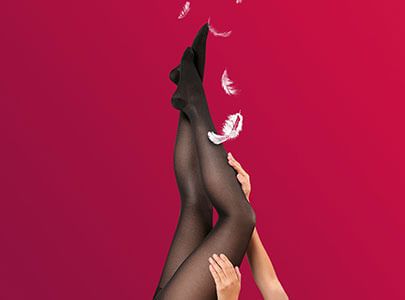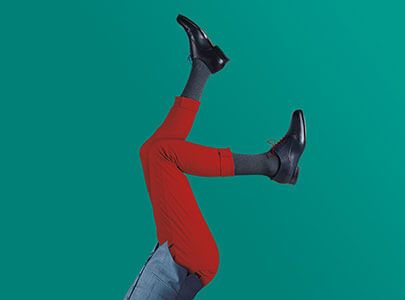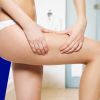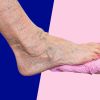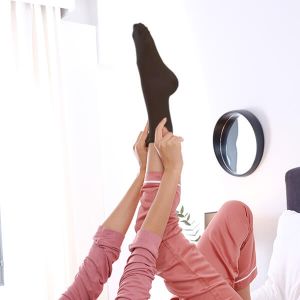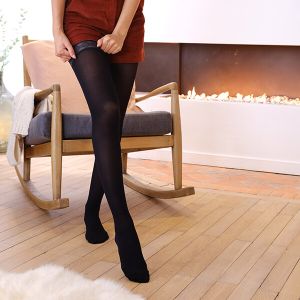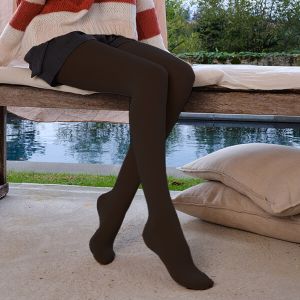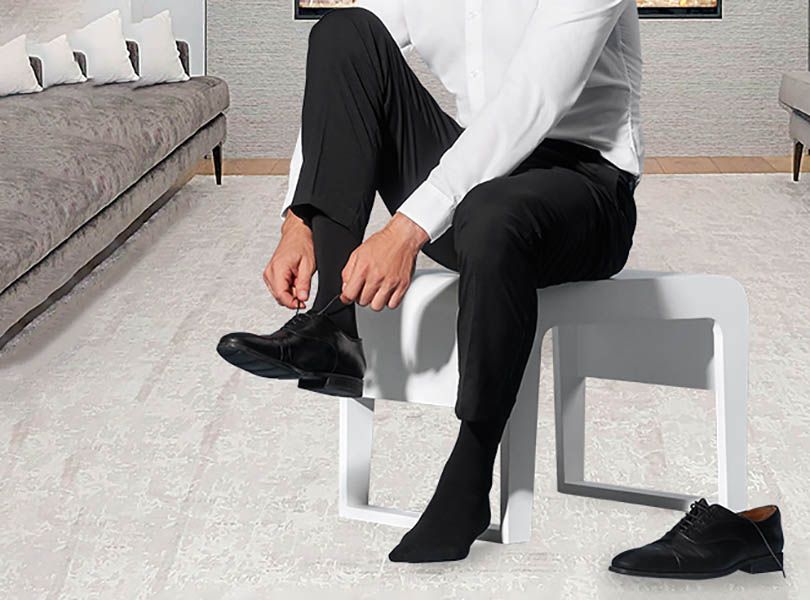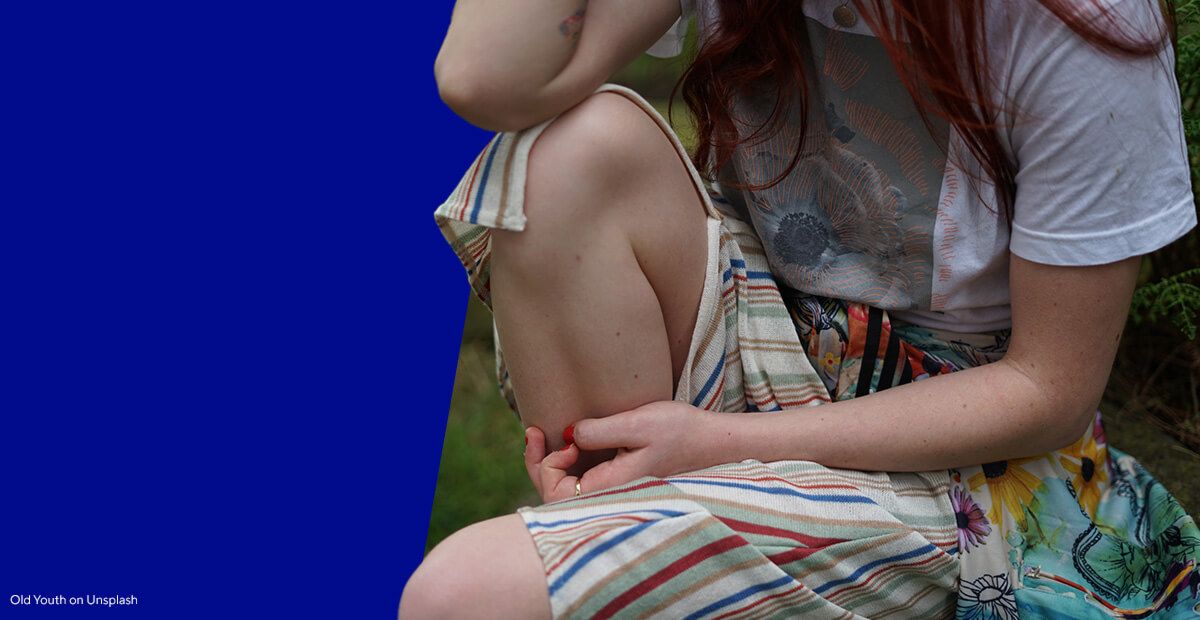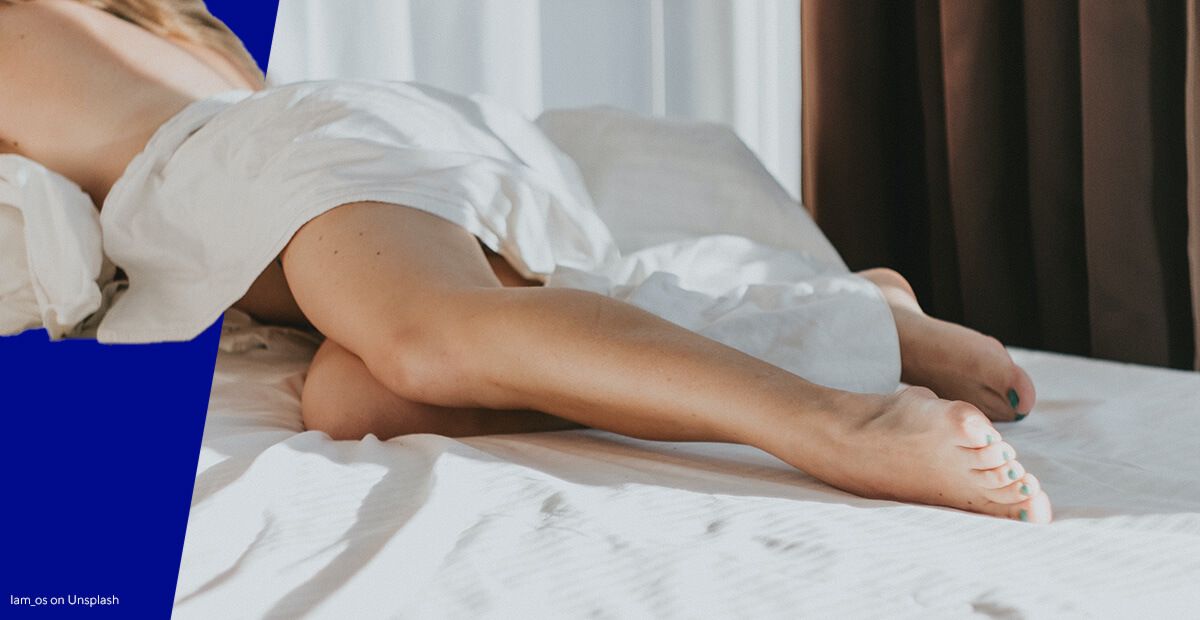How to choose comfortable shoes for everyday life?
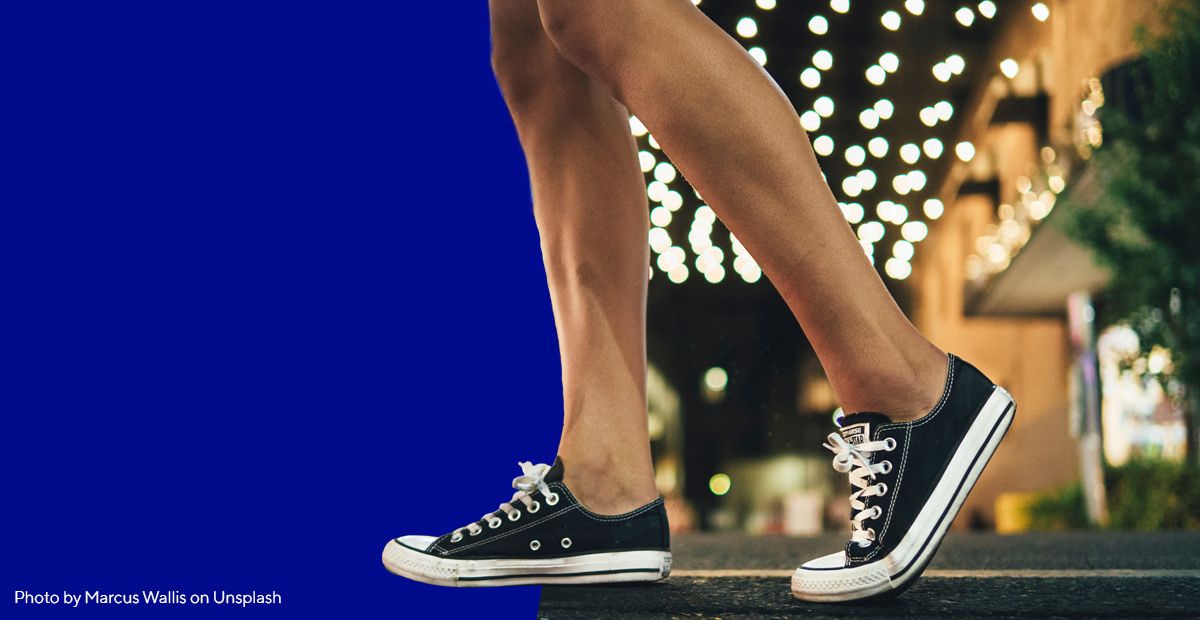
There are "special" types of footwear that we choose with utmost care. For example, shoes for a trip to the mountains - must be robust, properly shaped, relatively high, to protect the ankle. And so on... because we could list at least 10 other parameters they should have.
The same goes for choosing evening shoes - they must match the style; the leg has to look amazing in them. But what about shoes for everyday walking? How to properly choose shoes, which we wear most often and for the longest time?
Everyday shoes - not always the centre of attention...
Unfortunately, while we do pay attention to choosing shoes for special occasions, such as trips to difficult terrain, weddings, and many others, shoes for everyday walking are often bought just like that. Often without much thought, paying attention mainly to a decent price and, for example, universality (so that they fit into most everyday outfits).
Of course, we try to adjust the size as much as possible, so that the shoes do not press or, on the other hand, do not fall off our feet, but how much time do we spend on trying them on, walking around the shop, moving our feet?
How many situations are there, when we quickly measure only one shoe and decide to buy, because we are in a hurry and assume that the second must be the same? The question of the material from which the shoe is made is completely thrown into the background...
Inconspicuous shoes, small mistakes, and... disaster is ready!
As it turns out, buying shoes every day, we make a lot of small mistakes - small, but only seemingly insignificant, because when we put them together, we have a simple recipe for disaster.
We can very quickly regret an unwise purchase, taking into account the fact that in ill-fitting shoes we will have to spend, for example, 8-10 hours, without the possibility of taking them off - and so every day. What happens when we get home? It is not difficult to predict the scenario. Legs hurt, they refuse to obey, they are swollen, feet are sweaty and sore, toes and heels are chafed...
Can we avoid this? How should we choose footwear so that it serves us well and... above all, healthily, benefiting the whole body? "Healthy" is the keyword. We do not always realize that the right choice of shoe matters and affects our functioning. Notorious "tired" legs in uncomfortable, poorly chosen shoes can lead to several health consequences, such as the development of varicose veins!
How to choose shoes wisely for everyday life?
First, we must realize one thing - shoes for everyday walking are the element of our clothing, in which we will spend a lot of time, often from morning to late evening. So, we can't afford to make any compromises.
Size
This is obviously the base. The shoes have to be just right. Shoes that are too big will slip off your feet, while those that are too tight will painfully remind you of their presence at every step. We need to be able to gently wiggle our toes. A small space in the shoe is needed for air to circulate.
Trying on
Once you have found the right shoe in the right size, don't rush to try them on. First of all, wear both shoes, not just one! Although theoretically they shouldn't, they may differ... One will be comfortable, in the other something may pinch, disturb.
But even if both shoes are identical to the millimetre, remember that your feet are not. When we put on the shoes, let's not sit on a shop pouf, let's not stand in front of a mirror, but let's move around a bit to assess how the shoes work in motion.
The best time to shop
If only we have the possibility, it's worth going shoe shopping in the afternoon, for example after work or other activities. While in the morning we get up refreshed, rested and our legs also "feel" great, after a few hours the situation changes - especially if we tend varicose veins, swelling, and similar ailments. In the end, the point is to buy comfortable shoes, in which we will feel good all day, not just in the morning.
Material
Of course, it's no secret that the material from which shoes are made should be as natural and breathable as possible. This will prevent the foot from sweating. It's important because the unpleasant smell of sweaty feet is the least of your worries - notoriously causing sweaty feet can lead to fungal infections, for example.
Weight
Shoes for everyday walking should be as light as possible. If they are too heavy, they will simply be tiring and cause pain in the legs even after short walking or even sitting.
Sole
Whatever season you choose to wear your shoes for, the sole must be durable and slip-resistant. A sole that's too thick will make your shoes heavy, while a sole that's too thin can cause unpleasant sensations when you walk, as you'll feel every little pebble underneath it.
Accessories
If we care about health and comfort, buying the right shoes is only half the battle. Especially if we have posture defects, it is worth choosing appropriate insoles for our shoes, e.g., ones with shock-absorbing properties. If, on the other hand, we are struggling with the aforementioned varicose veins, swelling, feeling of heaviness, and pain in the legs, the solution to this problem will be specialist compression products, such as tights or stockings.
Acting on the principle of gradual compression (the highest compression in the ankle area and increasingly lighter above it), they significantly improve microcirculation and streamline blood flow in veins. They are available in different colour versions, therefore it is easy to match them to your outfit, so they form a coherent, aesthetic whole.
